Find Help
More Items From Ergsy search
-

What Is An ISA UK (Should I have an ISA & Different Types Of ISAs)
Relevance: 100%
-
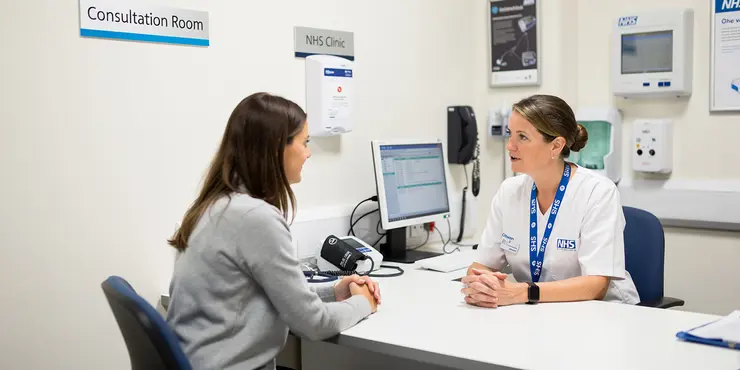
What types of ISAs can I use for investments?
Relevance: 71%
-
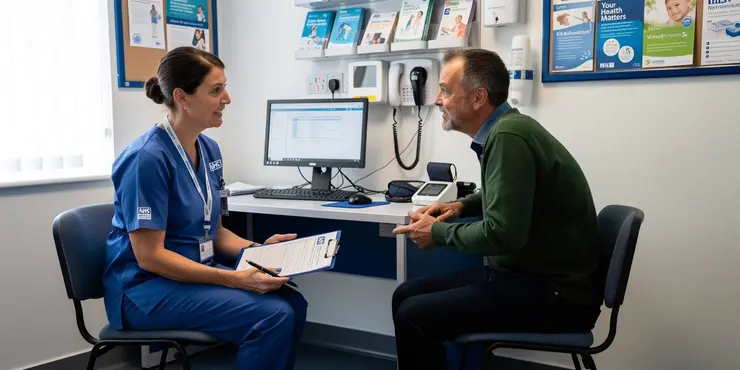
What is an ISA?
Relevance: 67%
-

How does an ISA generate passive income?
Relevance: 60%
-

Can I transfer my ISA between providers?
Relevance: 59%
-

Are there fees associated with Stocks & Shares ISAs?
Relevance: 59%
-

Can I invest in foreign stocks with an ISA?
Relevance: 58%
-
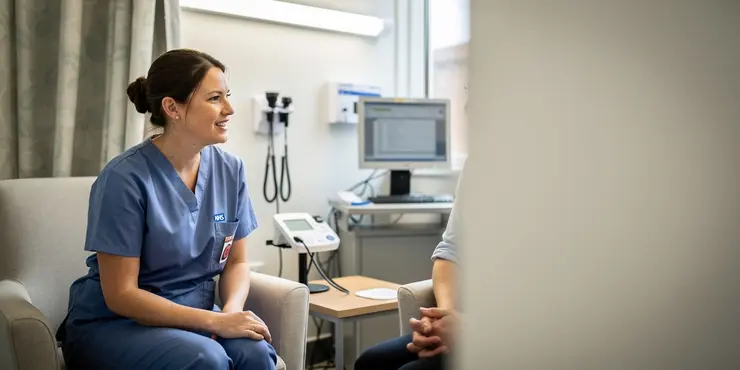
Saving for the Future: The Best ISAs to Consider Right Now
Relevance: 58%
-

What happens if I exceed the ISA contribution limit?
Relevance: 57%
-
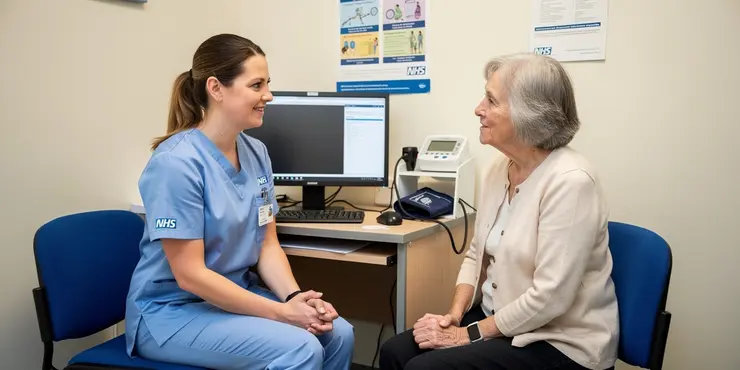
Do I need to declare my ISA income on my tax return?
Relevance: 56%
-

What is a realistic rate of return for an investment ISA?
Relevance: 54%
-

Is my ISA protected if my provider goes bankrupt?
Relevance: 53%
-
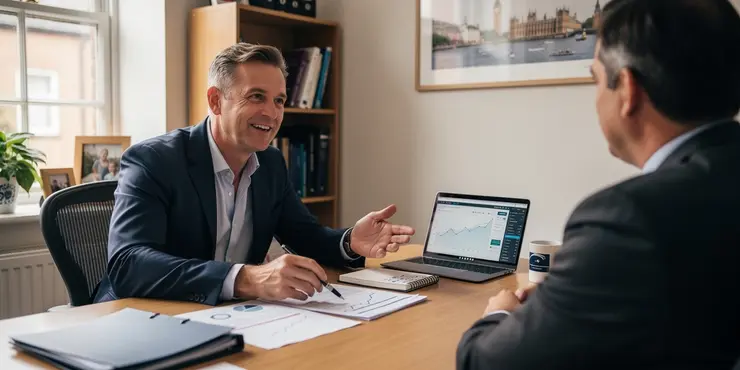
How much would I need in an ISA to generate £2,000 monthly?
Relevance: 53%
-

How much would I need in an ISA for a £2k monthly passive income?
Relevance: 52%
-

Can I withdraw money from my ISA any time?
Relevance: 51%
-

Are there different types of ADHD?
Relevance: 45%
-

Are there different types of asthma?
Relevance: 44%
-

Can I have multiple ISAs?
Relevance: 43%
-
What is the difference between type 1 and type 2 diabetes?
Relevance: 42%
-
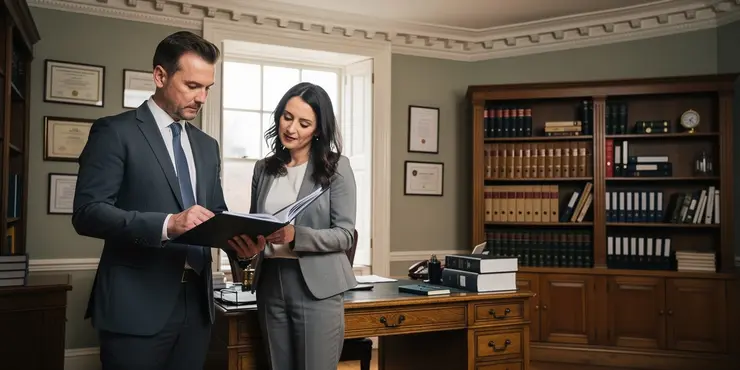
Are there different types of surveyor's reports?
Relevance: 41%
-

Are there different types of cannabis extracts?
Relevance: 41%
-

Are there different types of lice?
Relevance: 40%
-
Are there different types of motor neurone disease?
Relevance: 39%
-

Are there different types of care homes?
Relevance: 39%
-

Are there different types of heart failure?
Relevance: 39%
-

How are dividends in an ISA taxed?
Relevance: 39%
-

What are the different types of defibrillators?
Relevance: 39%
-
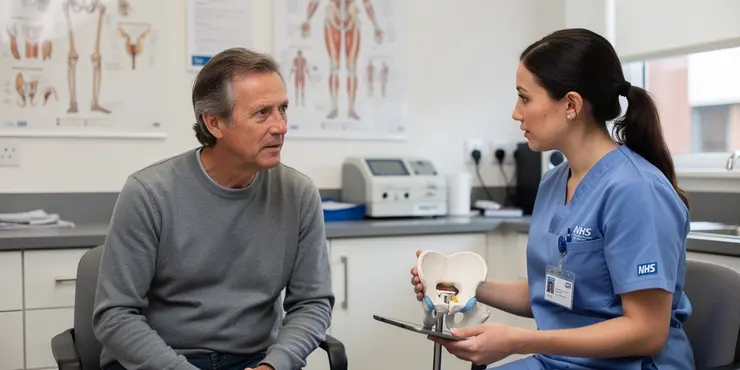
Are there different types of hip implants?
Relevance: 38%
-
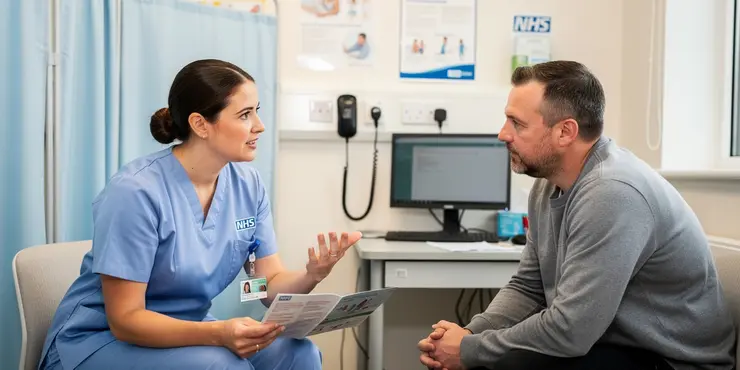
What are the different types of vaccines?
Relevance: 37%
-
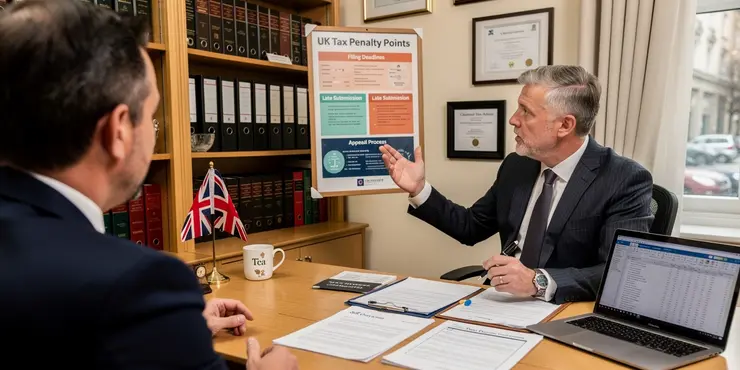
Are penalty points cumulative across different types of taxes?
Relevance: 37%
-

What are the different types of pregnancy tests?
Relevance: 36%
-

Are there different rates of Stamp Duty in the UK?
Relevance: 36%
-

What types of mosquitoes are found in the UK?
Relevance: 34%
-

What are the different methods of burial available in the uk?
Relevance: 33%
-
Are NHS dental charges different across the UK?
Relevance: 33%
-

Patient voices in type one diabetes - I would have done things differently.
Relevance: 32%
-

What are the different types of funerals available?
Relevance: 32%
-

What Is Type 2 Diabetes? | 2 Minute Guide | Diabetes UK
Relevance: 31%
-
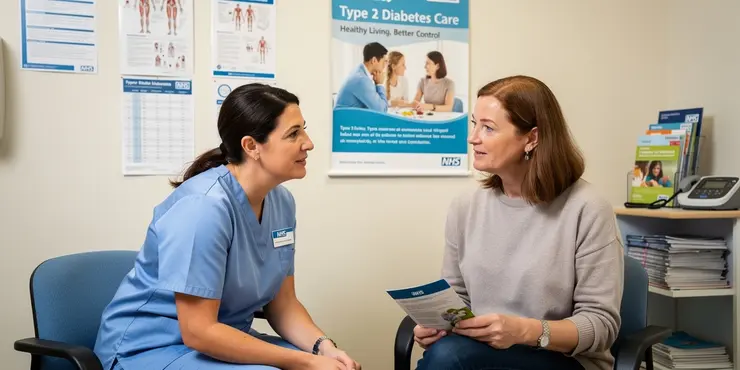
Where can I find support for managing Type 2 Diabetes in the UK?
Relevance: 31%
-

What are the different types of facelifts?
Relevance: 31%
What Is An ISA in the UK?
An Individual Savings Account (ISA) is a popular savings vehicle in the United Kingdom that allows individuals to save money in a tax-efficient way. Unlike regular savings accounts, an ISA lets you earn interest, dividends, or capital gains free from income tax and capital gains tax. Introduced in 1999 by the UK government, ISAs are designed to encourage people to save more by offering tax relief on the returns they generate.
Should I Have an ISA?
Having an ISA can be beneficial if you're looking to save or invest money while minimizing your tax liabilities. ISAs are particularly valuable for individuals in higher tax brackets, as any interest or returns earned are tax-free, enhancing your savings' growth potential. They are also useful if you're planning for long-term goals, such as retirement or buying a home, given the variety of account types available to suit different financial objectives. However, it’s important to remember that there are annual limits to how much you can invest into ISAs. For the tax year 2023/24, the ISA allowance is £20,000. Assessing your financial goals and circumstances can help determine if an ISA is right for you.
Different Types of ISAs
There are several types of ISAs available, each catering to different savings and investment needs:
- Cash ISA: This is the simplest form of ISA, functioning like a traditional savings account where interest is earned on your deposits. It is a suitable option for risk-averse savers looking for a safe place to store their cash.
- Stocks & Shares ISA: This type of ISA allows investment in a range of assets, including shares, bonds, and funds. It is more suited for individuals willing to take on higher risk in pursuit of potentially greater returns over the long term.
- Innovative Finance ISA: This account is designed for peer-to-peer lending and other similar investments, potentially offering higher returns but also carrying greater risk.
- Lifetime ISA (LISA): Available to individuals aged 18-39, this ISA is aimed at saving for a first home purchase or retirement. The government adds a 25% bonus to your contributions, up to a maximum £1,000 per year.
- Junior ISA: Designed for children under 18, junior ISAs allow parents or guardians to save tax-free for their child's future until they reach adulthood.
Each type of ISA has its own features and benefits, so it's important to consider your individual needs and consult with a financial advisor if you're unsure which ISA best fits your circumstances.
What Is An ISA in the UK?
An ISA is a special savings account in the UK. It helps you save money without paying taxes on the interest or profits you make. This means you keep more of the money you earn. The UK government started ISAs in 1999 to help people save more money. ISAs are good because they let you save without paying extra tax.
Should I Have an ISA?
ISAs are helpful if you want to save or invest money. They are especially good if you earn a lot, because you don’t pay tax on the money your ISA earns. This helps your money grow faster. ISAs are good for saving for big things, like retirement or buying a house. But remember, there's a limit to how much you can put in each year. From 2023 to 2024, you can save up to £20,000. Think about what you want to save for to see if an ISA is a good choice for you.
Different Types of ISAs
There are different kinds of ISAs for different needs:
- Cash ISA: This is like a regular savings account. You earn interest on the money you put in. It’s good if you want to save without taking risks.
- Stocks & Shares ISA: You can invest in things like shares and bonds. This ISA has more risk but might give higher returns. It’s for people who are okay with taking some risk for possibly more money later.
- Innovative Finance ISA: This is for lending money to others, like in peer-to-peer lending. It can give higher returns but is also riskier.
- Lifetime ISA (LISA): If you are 18-39 years old, this is for saving for your first home or retirement. The government adds extra money to your savings, up to £1,000 each year.
- Junior ISA: This is for saving money for children under 18. It helps parents save tax-free for their child's future.
Each ISA type has different benefits. Think about what you need and talk to a financial advisor if you’re not sure which ISA is best for you.
Frequently Asked Questions
What is an ISA?
An Individual Savings Account (ISA) is a type of savings or investment account in the UK that offers tax-free returns on your investments or savings. The main advantage of an ISA is that you don't pay income tax or capital gains tax on the money made from the ISA.
Should I have an ISA?
Whether you should have an ISA depends on your financial situation and savings goals. If you wish to save or invest money tax-free up to a certain limit each year (£20,000 for the tax year 2023/24), an ISA can be a beneficial option. It's particularly useful if you are a UK taxpayer and want to maximise your savings without losing part of your gains to tax.
What are the different types of ISAs?
There are several types of ISAs: Cash ISAs, Stocks & Shares ISAs, Innovative Finance ISAs, Lifetime ISAs, and Junior ISAs. Each type serves different purposes and has different rules regarding contributions and withdrawals.
What is a Cash ISA?
A Cash ISA is similar to a traditional savings account but is tax-free. You can save up to £20,000 in the 2023/24 tax year, and you won't pay tax on the interest earned. It's a good option for those who want a safe, low-risk way to save money.
What is a Stocks & Shares ISA?
A Stocks & Shares ISA allows you to invest in the stock market and other investment products like bonds or funds. Any profits made are tax-free. It's more suitable for those willing to take on some risk for potentially higher returns.
What is an Innovative Finance ISA?
An Innovative Finance ISA lets you invest in peer-to-peer lending platforms, where your money is loaned to individuals or businesses. The returns are tax-free, but these investments tend to be higher risk.
What is a Lifetime ISA?
A Lifetime ISA is designed to help individuals save for their first home or retirement. You can save up to £4,000 each year until you're 50, and the government adds a 25% bonus. Withdrawals for other purposes may incur a penalty.
What is a Junior ISA?
A Junior ISA is a long-term, tax-free savings account for children under 18. Parents or guardians can save up to £9,000 in the 2023/24 tax year, and the child can access the money when they turn 18.
Can I have more than one type of ISA?
Yes, you can have multiple ISAs, including a mix of Cash ISAs, Stocks & Shares ISAs, Innovative Finance ISAs, and a Lifetime ISA. However, the combined contributions to these ISAs must not exceed the annual limit of £20,000.
Are ISAs safe?
Cash ISAs are generally considered safe, as they're protected by the Financial Services Compensation Scheme (FSCS) up to £85,000 per provider. Investments in Stocks & Shares ISAs and Innovative Finance ISAs carry risks because their value can go down as well as up.
How do I open an ISA?
You can open an ISA through banks, building societies, credit unions, or investment companies. You'll need to be a UK resident and provide some identification. The process is similar to opening a standard savings or investment account.
Can non-UK residents open an ISA?
No, only UK residents for tax purposes can open an ISA. There are some exceptions for Crown employees working overseas and their spouses or civil partners.
Do I need to declare my ISA on my tax return?
No, you don’t need to declare ISA savings or investments on your tax return, as they are tax-free.
Can I transfer my ISA to another provider?
Yes, you can transfer your ISA to another provider to get a better deal or consolidate ISAs. You should contact your new provider to handle the transfer so you don’t lose any tax benefits.
What happens to my ISA if I die?
If you die, your ISA can be passed to your spouse or civil partner as an 'additional permitted subscription,' preserving its tax-free status. The value of the ISA is included in your estate for inheritance tax purposes.
What is an ISA?
An ISA is a special savings account. It helps you save money without paying tax on the interest you earn.
ISA stands for Individual Savings Account.
When you put money in an ISA, the government does not take tax from the money you earn on it. This means you keep more of what you save.
A helpful tool for understanding money is using a money management app. These apps can help you track your savings and spending.
You can ask someone like a parent, teacher, or trusted adult to help explain more about ISAs if you need it.
An Individual Savings Account, or ISA, is a special bank account in the UK. It helps you save or invest money without paying tax on it. The best thing about an ISA is that you don't have to pay income tax or capital gains tax on the money you earn from it.
Is an ISA Right for Me?
An ISA is a special saving account where your money can grow without paying tax. Here are some things to think about: - Do you want to save money? - Do you want your money to grow without paying tax? - Are you over 16 years old? If you answered yes, an ISA might be a good choice! Ask for help: - You can talk to an adult you trust. - Use a calculator to see how your money can grow. Remember, saving money is a good habit!Having an ISA (Individual Savings Account) can be a good idea if you want to save money. It helps you save or invest money without paying tax on it, up to a certain amount each year (£20,000 for the year 2023/24).
An ISA is especially helpful if you live in the UK and pay tax. It lets you keep more of the money you earn from your savings because you don't have to share it with the government.
If you find reading hard, try using a ruler or your finger to follow the words. Reading out loud can also help you understand better.
What kinds of ISAs are there?
There are different kinds of ISAs. These are Cash ISAs, Stocks & Shares ISAs, Innovative Finance ISAs, Lifetime ISAs, and Junior ISAs. Each kind is used for something different and has its own rules for putting in money and taking it out.
What is a Cash ISA?
A Cash ISA is a bank account. It helps you save money. You do not pay tax on the money you earn in this account.
Here are some tips to help you:
- Ask someone to explain words you don't understand.
- Use a calculator to understand numbers better.
- Draw pictures to help you remember.
A Cash ISA is like a special savings account where you do not have to pay tax on the money you earn from it. You can put up to £20,000 in this account from April 2023 to April 2024. It is a good choice if you want to save money safely without taking big risks.
What is a Stocks & Shares ISA?
A Stocks & Shares ISA is a way to save money. You can buy parts of companies, called stocks, and other things like bonds. Your money can grow, and you don’t have to pay tax on the gains.
To make it easier, you can use some tools:
- Read Aloud: Try using a read-aloud tool to hear the words.
- Ask for Help: It’s good to ask a grown-up if you have questions.
A Stocks & Shares ISA is a way to put your money into the stock market. You can also invest in things like bonds or funds. If you make money, you don't have to pay tax on it. This is good for people who are okay with taking some risks to possibly make more money.
What is an Innovative Finance ISA?
An Innovative Finance ISA is a special savings account.
It helps you earn money without paying tax.
You can invest in things like loans.
Ask an adult to help you understand more.
An Innovative Finance ISA is a way to put your money in something called peer-to-peer lending. This means you let other people or businesses borrow your money. The good part is you don’t have to pay tax on the money you earn from it, but be careful because it can be risky.
Tips to help you understand better: - Use simple apps to keep track of your money - Ask someone you trust to explain anything you don’t understand - Take your time to learn about new words like 'investment' and 'risk'
What is a Lifetime ISA?
A Lifetime ISA is a savings account. It helps you save money for the future.
You can save for a home or when you are older.
The government adds money to your savings.
An ISA is a safe way to save money and pay less tax.
Tools like calendars or savings goals can help you remember to save money.
A Lifetime ISA is a special savings account to help you save money. You can use it to buy your first home or save for when you stop working. You can put up to £4,000 in it each year until you are 50 years old. The government will give you extra money, adding 25% to what you save. But if you take the money out for other reasons, you might have to pay a penalty.
For help with saving, you can use a calendar to remind you to save each month. You can also ask someone you trust to help you plan your savings.
What is a Junior ISA?
A Junior ISA is a type of savings account for children. It helps you save money for their future.
Parents or guardians can open a Junior ISA.
The money saved in a Junior ISA is for the child to use when they grow up.
No taxes have to be paid on the money in a Junior ISA.
Helpful tools like pictures or videos can explain Junior ISAs more. Talking to someone who knows about money can also help.
A Junior ISA is a type of savings account for kids under 18. It's an account where you don't have to pay taxes on the money you save. In the 2023/24 year, parents or carers can save up to £9,000 for their child. The child can get the money when they turn 18.
Can I Have More Than One ISA?
You can have different types of ISAs. An ISA is a way to save money without paying too much tax. You can have:
- A Cash ISA
- A Stocks and Shares ISA
- An Innovative Finance ISA
- A Lifetime ISA
You can put money in each kind, but there is a limit on how much you can save in total each year.
If this is hard to understand, you can ask someone you trust to explain it. You can also use pictures or charts to help you understand better.
Yes, you can have more than one ISA. You can have different types like Cash ISAs, Stocks & Shares ISAs, Innovative Finance ISAs, and a Lifetime ISA. But, you cannot put more than £20,000 in total into all of them each year.
Are ISAs safe?
ISAs are a type of account where you can save money. They are usually safe to use. This means your money is protected. But, like with all savings, it's good to check where your money is going. Talk to someone you trust if you have questions. You can also use a calculator to help understand your savings better.
Cash ISAs are safe. If the bank goes wrong, your money is safe up to £85,000 because of a help plan called the Financial Services Compensation Scheme (FSCS).
Putting money in Stocks & Shares ISAs or Innovative Finance ISAs is a bit risky. The money can get smaller or bigger, so be careful.
It can help to use a calculator to understand numbers better or ask someone you trust to explain it.
How can I open an ISA?
An ISA is like a special savings account. Follow these steps to open one:
- Choose a bank or building society you like.
- Visit their website or go to a branch.
- Ask to open an ISA and fill out a form.
- Provide your ID, like a passport or driving license.
- Put some money into your new ISA to start saving.
If you need help, ask someone you trust, like a family member or friend, to help you fill out forms.
You can also use a computer or tablet with a screen reader if you find it easier to listen.
You can open an ISA at a bank, a building society, or a credit union. You can also open one at an investment company. You must live in the UK, and you need to show who you are with some ID. It is like opening a normal savings or investment account.
Can people who don't live in the UK open an ISA?
ISA is short for Individual Savings Account. It's a way to save or invest money in the UK. If you don't live in the UK, it might be hard to open an ISA.
Here are some tips to help you understand:
- A savings account is like a piggy bank. You put money in it to keep it safe and help it grow.
- If you live outside the UK, you should ask a bank for help. They can tell you what to do.
- All banks have different rules. It's a good idea to ask questions.
Tools like picture cards or asking someone for help can make understanding easier.
No, only people who live in the UK and pay taxes here can open an ISA. But there are a few special cases. If you work for the government and are living overseas, you might still have a chance. This can also apply to your husband or wife.
Do I need to tell the tax office about my ISA?
An ISA is a type of savings account. You do not usually need to tell the tax office about your ISA when you fill out your tax return. This is because money saved in an ISA is tax-free.
If you are unsure, you can:
- Ask someone you trust for help.
- Use a calculator online to check.
- Call the tax office for advice.
No, you do not need to tell the government about your ISA savings or investments on your tax forms. They are tax-free, so you do not pay any tax on them.
Can I move my ISA to a different bank?
Yes, you can move your ISA to a different company if you want a better deal or want to put all your ISAs together in one place. Ask the new company to help you move your ISA so you won’t lose any tax benefits.
What happens to my ISA if I die?
If you die, your ISA (Individual Savings Account) may change. Here is what happens:
- The money in your ISA will be part of your belongings. This is called your "estate."
- Someone you choose, called an "executor," will look after your estate.
- Your ISA can stay open for up to 3 years after you die, but no new money can go in.
- If you have a partner, sometimes the ISA can be given to them so they keep the tax-free benefits.
If you want to learn more, you can:
- Ask someone you trust to explain.
- Use helpful websites that talk about ISAs.
- Talk to a financial advisor.
If you pass away, your ISA (a special savings account) can be given to your husband, wife, or civil partner. They can keep it and won't have to pay tax on it. The money in the ISA is counted as part of what you leave behind when you die and might affect any tax your family has to pay.
Useful Links
This website offers general information and is not a substitute for professional advice.
Always seek guidance from qualified professionals.
If you have any medical concerns or need urgent help, contact a healthcare professional or emergency services immediately.
Some of this content was generated with AI assistance. We’ve done our best to keep it accurate, helpful, and human-friendly.
- Ergsy carfully checks the information in the videos we provide here.
- Videos shown by Youtube after a video has completed, have NOT been reviewed by ERGSY.
- To view, click the arrow in centre of video.
- Most of the videos you find here will have subtitles and/or closed captions available.
- You may need to turn these on, and choose your preferred language.
- Go to the video you'd like to watch.
- If closed captions (CC) are available, settings will be visible on the bottom right of the video player.
- To turn on Captions, click settings .
- To turn off Captions, click settings again.
More Items From Ergsy search
-

What Is An ISA UK (Should I have an ISA & Different Types Of ISAs)
Relevance: 100%
-

What types of ISAs can I use for investments?
Relevance: 71%
-

What is an ISA?
Relevance: 67%
-

How does an ISA generate passive income?
Relevance: 60%
-

Can I transfer my ISA between providers?
Relevance: 59%
-

Are there fees associated with Stocks & Shares ISAs?
Relevance: 59%
-

Can I invest in foreign stocks with an ISA?
Relevance: 58%
-

Saving for the Future: The Best ISAs to Consider Right Now
Relevance: 58%
-

What happens if I exceed the ISA contribution limit?
Relevance: 57%
-

Do I need to declare my ISA income on my tax return?
Relevance: 56%
-

What is a realistic rate of return for an investment ISA?
Relevance: 54%
-

Is my ISA protected if my provider goes bankrupt?
Relevance: 53%
-

How much would I need in an ISA to generate £2,000 monthly?
Relevance: 53%
-

How much would I need in an ISA for a £2k monthly passive income?
Relevance: 52%
-

Can I withdraw money from my ISA any time?
Relevance: 51%
-

Are there different types of ADHD?
Relevance: 45%
-

Are there different types of asthma?
Relevance: 44%
-

Can I have multiple ISAs?
Relevance: 43%
-
What is the difference between type 1 and type 2 diabetes?
Relevance: 42%
-

Are there different types of surveyor's reports?
Relevance: 41%
-

Are there different types of cannabis extracts?
Relevance: 41%
-

Are there different types of lice?
Relevance: 40%
-
Are there different types of motor neurone disease?
Relevance: 39%
-

Are there different types of care homes?
Relevance: 39%
-

Are there different types of heart failure?
Relevance: 39%
-

How are dividends in an ISA taxed?
Relevance: 39%
-

What are the different types of defibrillators?
Relevance: 39%
-

Are there different types of hip implants?
Relevance: 38%
-

What are the different types of vaccines?
Relevance: 37%
-

Are penalty points cumulative across different types of taxes?
Relevance: 37%
-

What are the different types of pregnancy tests?
Relevance: 36%
-

Are there different rates of Stamp Duty in the UK?
Relevance: 36%
-

What types of mosquitoes are found in the UK?
Relevance: 34%
-

What are the different methods of burial available in the uk?
Relevance: 33%
-
Are NHS dental charges different across the UK?
Relevance: 33%
-

Patient voices in type one diabetes - I would have done things differently.
Relevance: 32%
-

What are the different types of funerals available?
Relevance: 32%
-

What Is Type 2 Diabetes? | 2 Minute Guide | Diabetes UK
Relevance: 31%
-

Where can I find support for managing Type 2 Diabetes in the UK?
Relevance: 31%
-

What are the different types of facelifts?
Relevance: 31%


